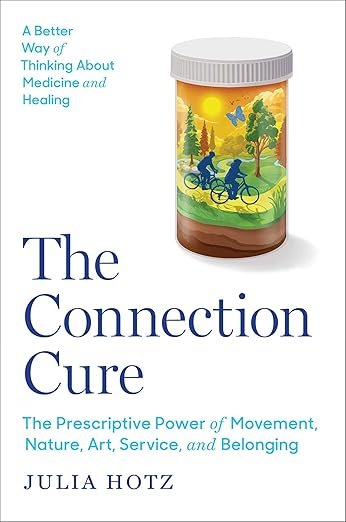
Book Review: The Chosen Reject by Phillip Fleming
Phillip Fleming’s The Chosen Reject is an intriguing exploration of human resilience, identity, and the complexities of being both chosen and

Phillip Fleming’s The Chosen Reject is an intriguing exploration of human resilience, identity, and the complexities of being both chosen and
You’re Not the Problem, published in 2024, examines the impact of narcissism and emotional abuse. Written by therapists, it shares real stories of victims and offers coping strategies like the Gray Rock and Yellow Rock Methods. The authors stress the importance of therapy for healing and highlight that the abuse is not the victim’s fault.
Tiffany Yu’s book, The Anti-Ableist Manifesto, is a transformative guide to creating a disability-inclusive world. Drawing from her personal and professional experiences, Yu dismantles ableist attitudes and offers actionable steps for fostering genuine allyship. The book emphasizes the importance of recognizing invisible disabilities and advocates for inclusive design that benefits society as a whole.

Mental illness, lifestyle diseases, and chronic loneliness are skyrocketing. Julia Hotz’s new book, The Connection Cure, is a beacon of hope
In “The Harm Reduction Guide for Psychological Trauma Survivors,” Gregorio Lewis, published by Better Days Recovery Press, crafts a compelling and empathetic roadmap for navigating the complex journey of healing from psychological trauma. Through a blend of personal stories, practical exercises, and a candid narrative, Lewis offers a fresh perspective on recovery, emphasizing individuals’ unique healing paths. Unlike traditional approaches, this guide introduces the concept of harm reduction—a strategy often associated with substance use treatment—adapted innovatively to cater to psychological trauma. This method promotes self-acceptance, validates survivors’ feelings, and underlines the importance of gradual progress, acknowledging that complete recovery may not always be possible but emphasizing that betterment is.
Moreover, Lewis boldly addresses the systemic inadequacies in mental health care, advocating for a more empathetic, supportive, and survivor-centered system. This book is a crucial resource not only for survivors but also for professionals in mental health care, including therapists and social workers, offering insights into a compassionate and realistic approach to trauma recovery. “The Harm Reduction Guide for Psychological Trauma Survivors” is more than a guide—it’s a beacon of hope, affirming the resilience of survivors and providing essential tools for those seeking to reclaim their lives from the shadows of trauma.
The book “I’m Possible: Jumping into Fear & Discovering a Life of Purpose” by Jeremy Cowart emphasizes using privilege to empower the less fortunate. Cowart’s life journey, from a struggling student to a successful humanitarian photographer and advocate, serves as inspiration for overcoming limitations and pursuing one’s dreams. The book encourages self-discovery, resilience, and compassion, urging readers to embrace the possibilities within themselves.

One of the strengths of “Safe” is Daley’s ability to balance the harsh realities of foster care with moments of hope and resilience.
Sign up for my newsletter to see new photos, tips, and blog posts.